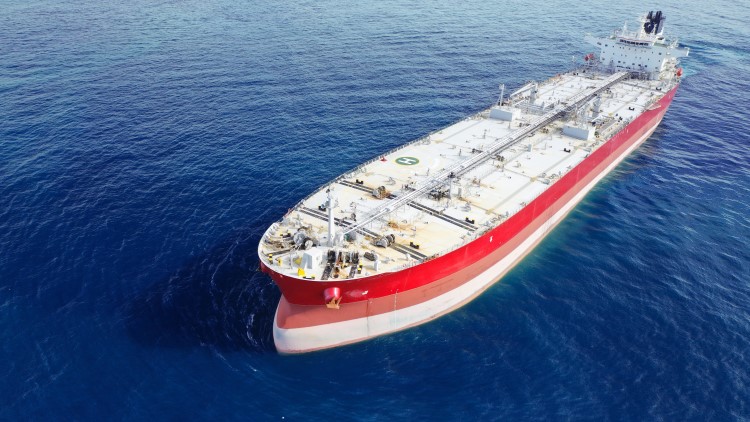The oil analysis, which we may call an oil blood test, is defined and evaluated according to the environmental conditions and the level of criticality
of the equipment. The analysis of marine oils is considered in the class of critical and severe environmental conditions. Because there is a lot of critical equipment such as main machine, shaft bearings, propeller shaft, auxiliary diesel machines, air compressors, cranes, hatch covers, steering gears and mooring winches are available. The smooth operation of these equipment is vital for ships such as bunkers and cargo that will take a long-distance navigation to reach the port of destination without any problems.
The main characteristic features of marine oils also give information about the scour and contamination levels as well as the general condition of the equipment. Let's take a closer look at the features of the equipment:
- The water contamination levels of the propellers integrated into the diesel engine with the shaft should be closely monitored. High water contamination will cause bearing wear and corrosion, as well as deterioration of the sealing properties of the oil, resulting in oil leakage into the sea and environmental pollution.
- It is important to closely monitor the wear levels in the main machine where the bearing shafts are integrated, the base number of the oil, the contamination levels such as soot, fuel and antifreeze in the oil. The safe cruise requires the tight control of the excessive engine fuel consumption and the effective operation of the oil purifiers.
- It is necessary to closely monitor the hatch cover hydraulics for the freighters, crane hydraulics for the cargo ships, monitoring pollution and wear levels to ensure smooth transmission of forces, to prevent overheating, strain and, as a result, failures/accidents.
- For sensitive equipment such as steering gears, valve control systems, it is important to control particle pollution and wear
values. - It is important to closely monitor the wear levels of the gearboxes to avoid unexpected stops.
- Cylinder oil leaks that may interfere with the system oil should be detected in the stuffing boxes. Thus, early oil deterioration should be closely monitored as a precaution.
All above mentioned risks can be controlled by on-site analyzes (oil analysis kits, boroscope monitoring) in addition to an effective oil analysis program. In order to ensure the safety of the ship's personnel, the sustainable environment and to be able to carry out operations smoothly and safely on time, do not take risks, take them under control.













